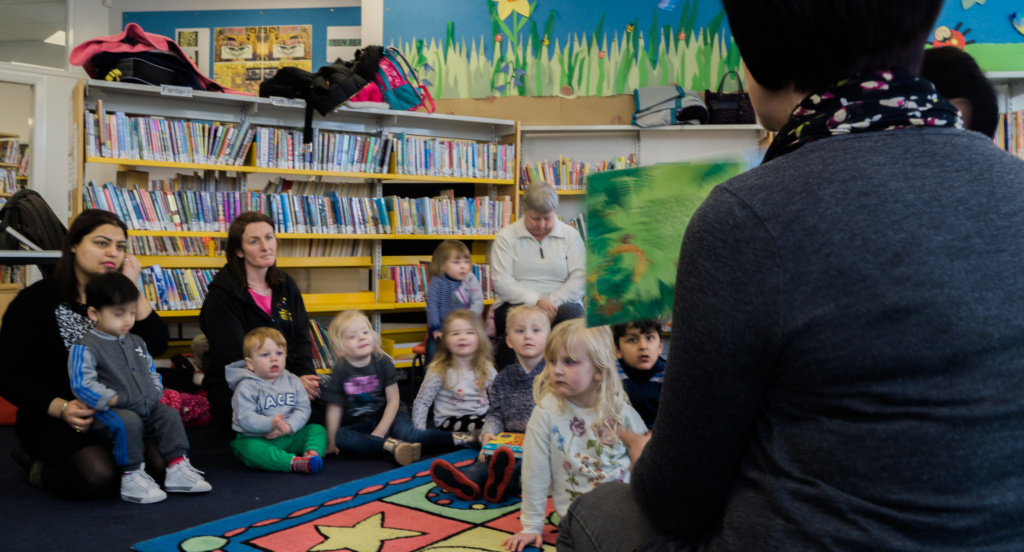
Public Libraries sit at the very heart of their communities. They are the embodiment of inclusion, offering services from the cradle to the grave to every citizen in this country, regardless of any defining characteristic and, even better, they are free at the point of contact.
No-one will ever ask why you have come through the doors or expect you to spend any money and you can spend as long as you like there during opening hours. You can dip in and out of them throughout your life, with no expectation that you are a regular user and the ethos of customer service is completely ingrained in library staff. Wherever you go within the UK, you can join the local library.
The purpose of a library is to help you learn the skills to find the information you want or open the doors to books and resources, physical and digital, which will stimulate the imagination and encourage creativity. With over 3,000 branches in England alone, they present an amazing platform and reach to support national inclusion agendas.
At Arts Council England, we see libraries as being at the heart of our new 10 Year Strategy, Let’s Create. They have a huge role to play in place making, in supporting the stronger towns and rural communities agenda, the health and wellbeing agenda and the social justice agenda, all of which play a part in our overall vision where culture and creativity are rooted in local communities.
One of the most overused words in these past crazy months has been “unprecedented”, but it is undoubtedly the case that we are all facing challenges that we have not had to face in living memory. Perhaps the most difficult challenge for children and young people is the requirement to reduce or limit their social circle dramatically. For all of them, this is counter to their instincts to make friends, form relationships and discover and explore the world with their peers. For very young children, it is limiting options at a time when socialisation is so very important -building communication skills and teaching them how to behave and interact with their peers and with adults.
When I was Head of Library Services in St Helens, the borough was ranked at the top of those towns with the poorest communication skills in young boys about to go to school (https://resourcecentre.savethechildren.net/library/lost-boys-how-boys-are-falling-behind-their-early-years). Our response in the service was to work with the team of speech and language therapists to support the Blank Language scheme using picture books supplied by the library service to stimulate communication. Children are asked to describe what they see, from asking simple questions like “Where is the dog and What colour is he” to “Johnny has just hit that cricket ball, what might happen next” when the picture in sight is a greenhouse! This response has been recognised by Department for Education as an example of good practice.